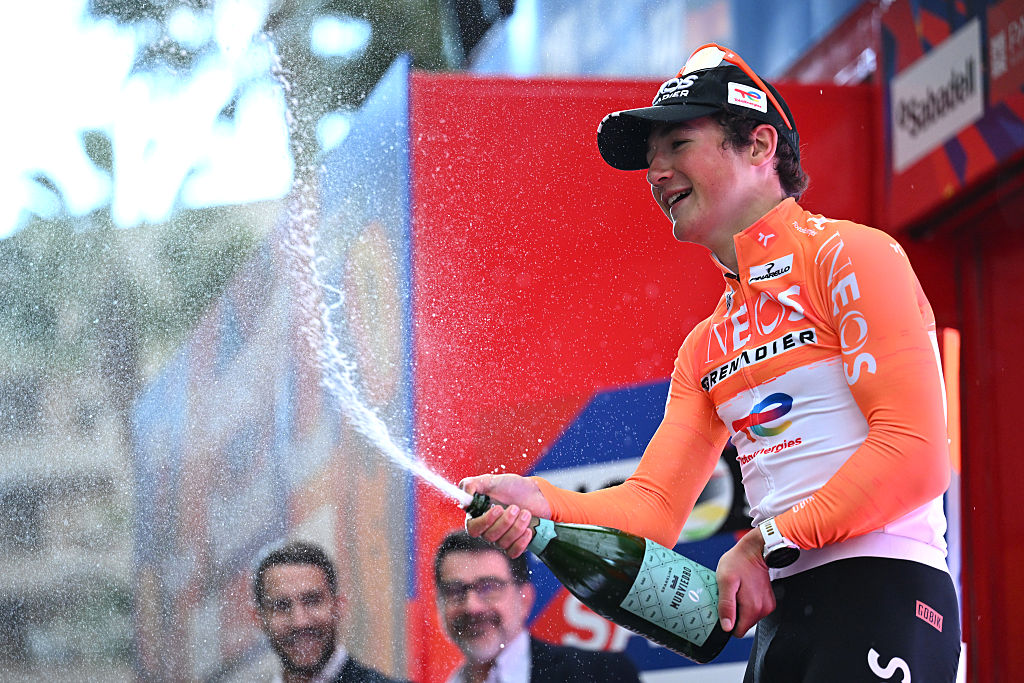Taylor Phinney: Race safety is a two-way street
BMC rider hopeful for a successful future after recovering from his own injuries
The latest race content, interviews, features, reviews and expert buying guides, direct to your inbox!
You are now subscribed
Your newsletter sign-up was successful
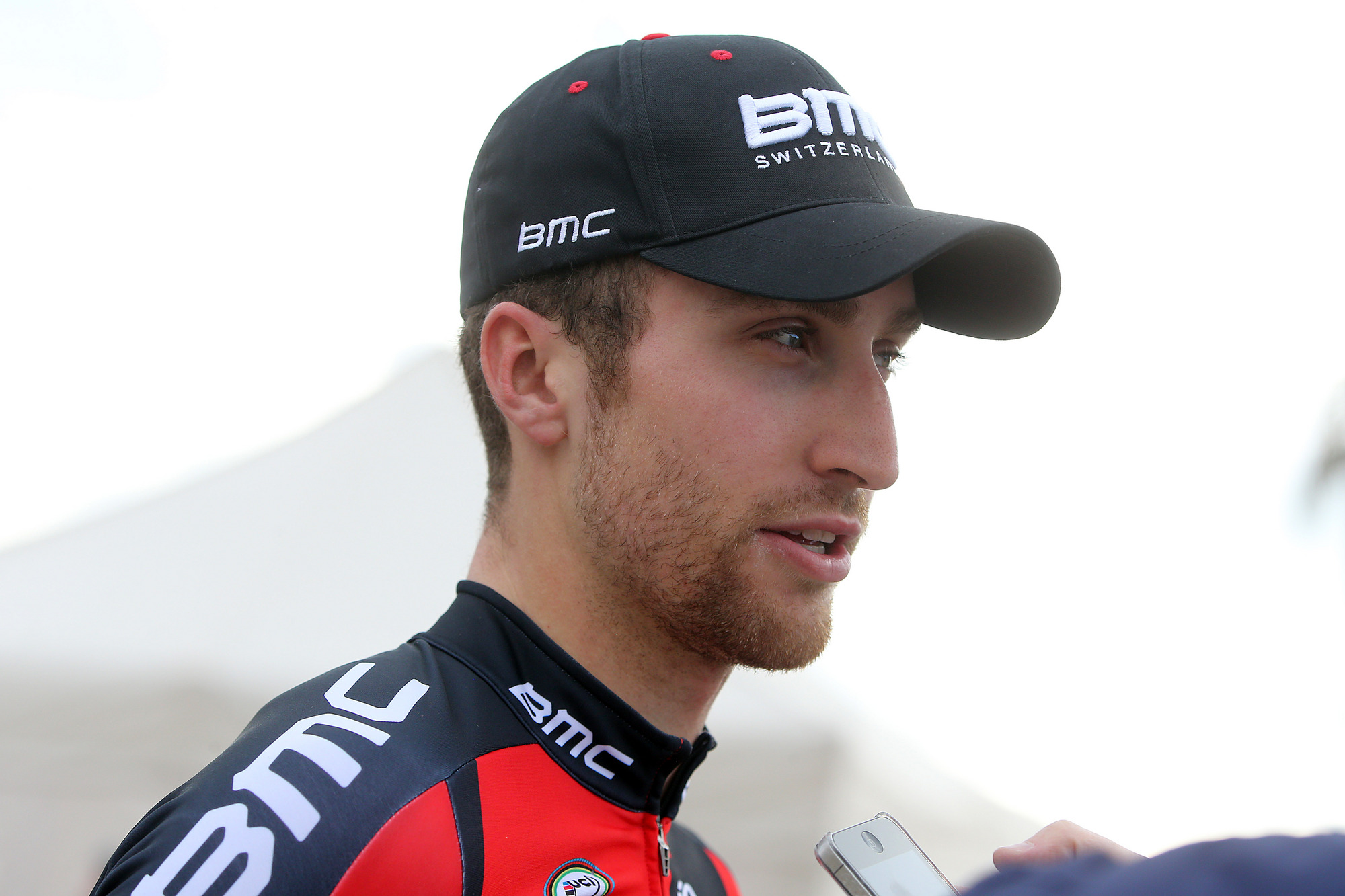
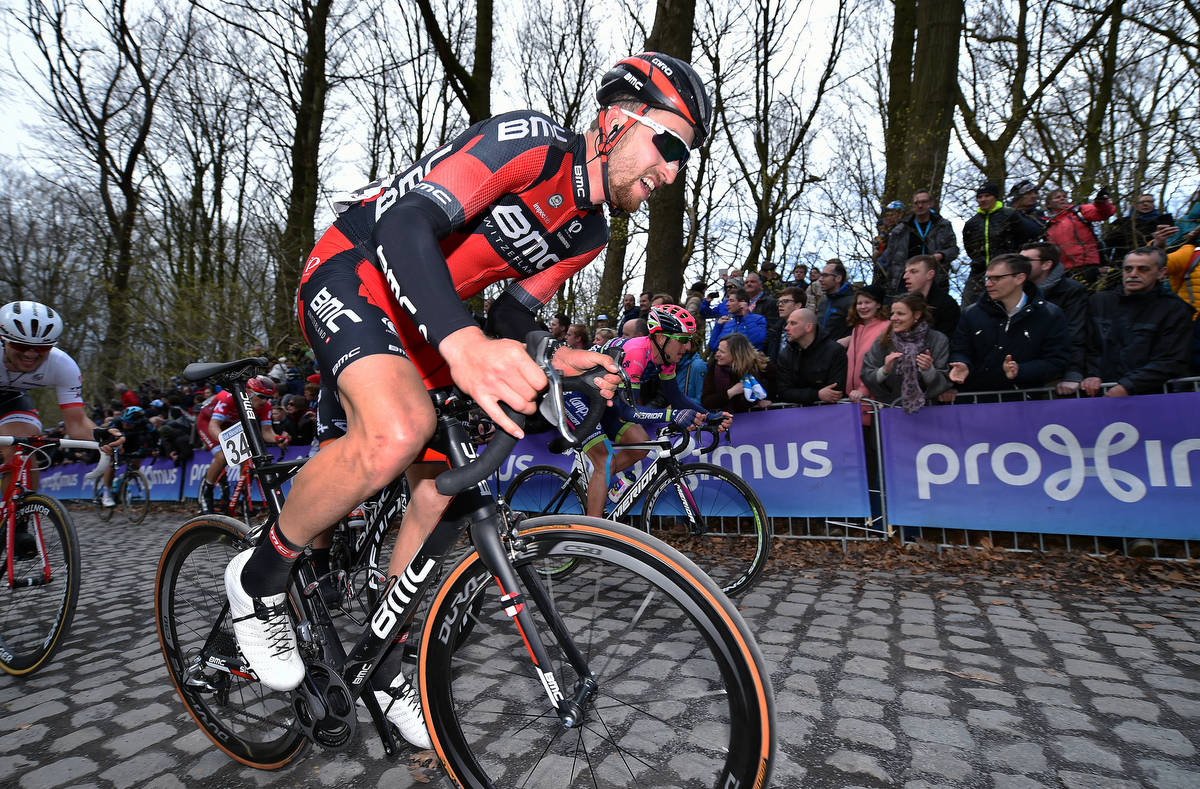
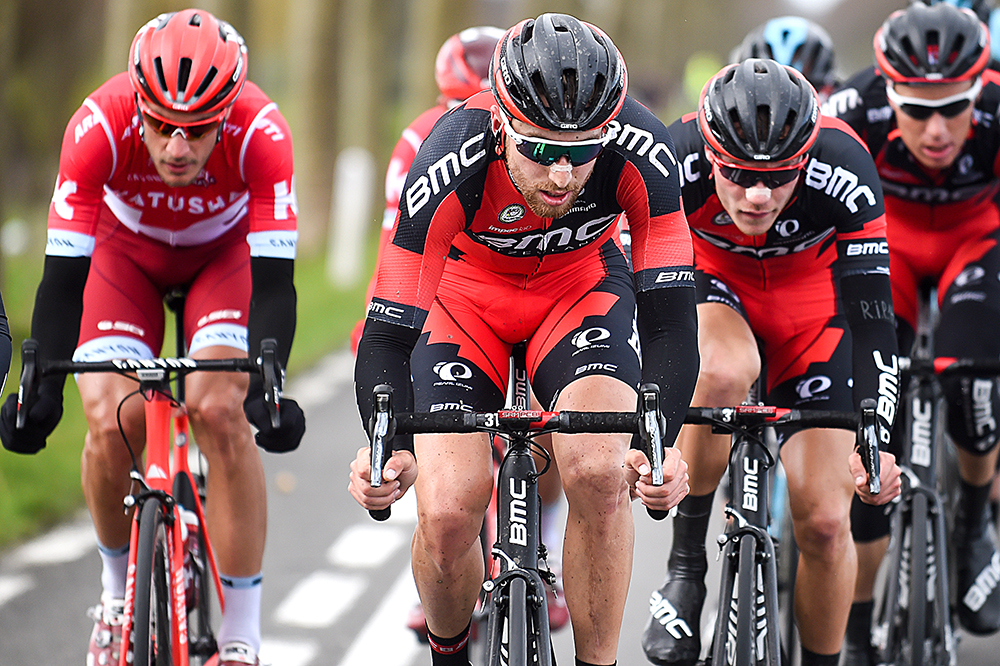
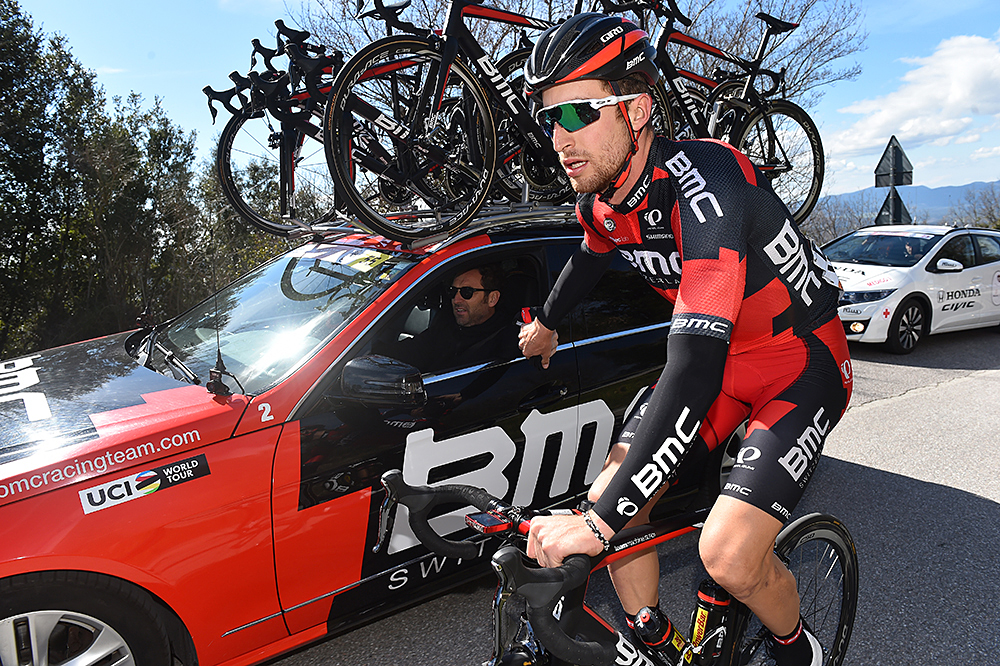
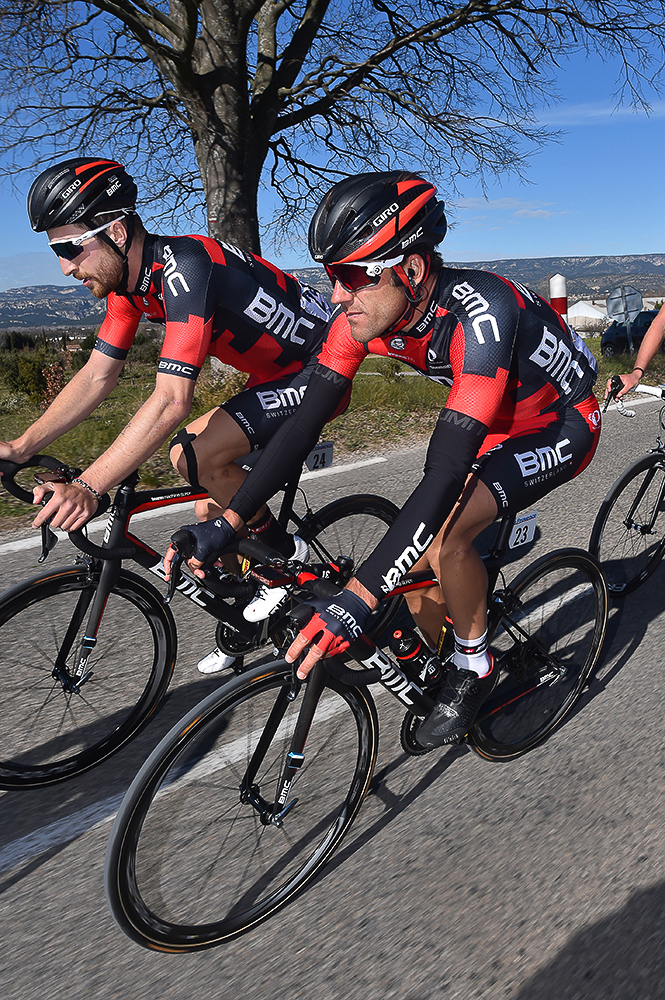
Taylor Phinney (BMC) says that the race safety is not as simple as blaming too many cars or bikes on the road. Talking to the press the Friday before his return to the Tour of Flanders after a two-year break, the American says that it is a two-way street of respect between both race vehicles and riders.
Phinney comes at this from a different perspective than most who have been asked for their opinion on the matter since the tragic death of Antoine Demoitié after being hit by a race moto at Gent-Wevelgem. He spent over a year on the sidelines following a collision with a race motorbike during the US national road race in 2014 and is still suffering from the effects almost two years later.
“The news was devastating. We were in that race and somebody died. It hits hard because it could have been any one of us. It’s a tough subject to understand, but it is something that I’ve thought about a lot with my own personal injury. I thought about what I could've done differently in that situation,” Phinney said after much consideration. “It’s easy to say there are 62 motos in Gent-Wevelgem, that's way too many, or there are too many cars, and the cars take risks. For sure, they take big risks and it's not OK. But, I think that many of the riders could do well by looking at the actions that they take in races, and this is not pointing a finger at anyone.
“I see my co-workers trying to fit into gaps and fighting for these places for really no reason. That scares me the most about bike races. I think that says a lot with what I have gone through. For sure, in my crash, it was the motorcycle that was at fault for being at the wrong place at the wrong time, but I was also taking a risk by going so fast on the at first lap on the downhill. I didn't need to bomb down the decent so early in the race. I think it’s a double-edged sword.”
Hope for the future
Phinney is slowly making his recovery from his accident and still has to undergo almost daily physio, of up to 90 minutes, to enable him to ride. He made his cobbled comeback at Gent-Wevelgem on Sunday, putting in a strong turn on the front and finishing just outside the top 30. It was the first time he’d tested himself on the pavé since the 2014 Paris-Roubaix, but his result earned him a spot on the Flanders team, in addition to the Roubaix spot he had already secured.
“I was meant to do De Panne and the Volta Limburg and then go into Paris-Roubaix next weekend,” he said. “I thought it was maybe too early for Flanders still, but the way that Gent-Wevelgem went, and the way that I felt in the race, gave me the confidence to put my hand up. I told them, if you are thinking about putting me in Flanders, I'm totally game.
The latest race content, interviews, features, reviews and expert buying guides, direct to your inbox!
“It was good to have some of the stress of running around and taking care of my body pay off. To get the call up for this race on Sunday is a huge honour. It’s a massive race, and I feel, even since I raced it two years ago it feels like the energy is huge. We’re a tightknit group, and we’re super focused, and we all believe in Greg. It’s a great place to be in.”
The past two years have been a voyage of discovery for Phinney as he has learned how to manage his injuries. After such a traumatic injury to his leg, Phinney has had trouble with keeping the strength up in his injured leg compared with the healthy one. It was an issue that troubled him at the World Championships, but one that he is getting a handle on.
“I didn't feel what I felt at the Worlds, though, which was a strong imbalance in the last hour. In Gent-Wevelgem, I think I was more balanced in general and towards the last hour is something that is going to build in time, but it was better at Gent-Wevelgem,” Phinney explained.
Prior to his crash, Phinney had been pipped as a future Paris-Roubaix winner, after taking victory in the under-23 edition on two separate occasions. His former teammate, and fellow Classics lover, George Hincapie also tipped him as a future winner to Cyclingnews this week. This year would be much too early for Phinney to make that step but his recent performances give him some hope.
“That step from being there in the last hour to winning one of these races is a big step,” he said. “I was happy in Gent-Wevelgem with how I felt. I'm in these races in a supporting role, but last Sunday gave me a good hope for the years to come. Once I put this injury and recovery behind me, if that ever happens, that race gave me hope to look to the future.”
Born in Ireland to a cycling family and later moved to the Isle of Man, so there was no surprise when I got into the sport. Studied sports journalism at university before going on to do a Masters in sports broadcast. After university I spent three months interning at Eurosport, where I covered the Tour de France. In 2012 I started at Procycling Magazine, before becoming the deputy editor of Procycling Week. I then joined Cyclingnews, in December 2013.
